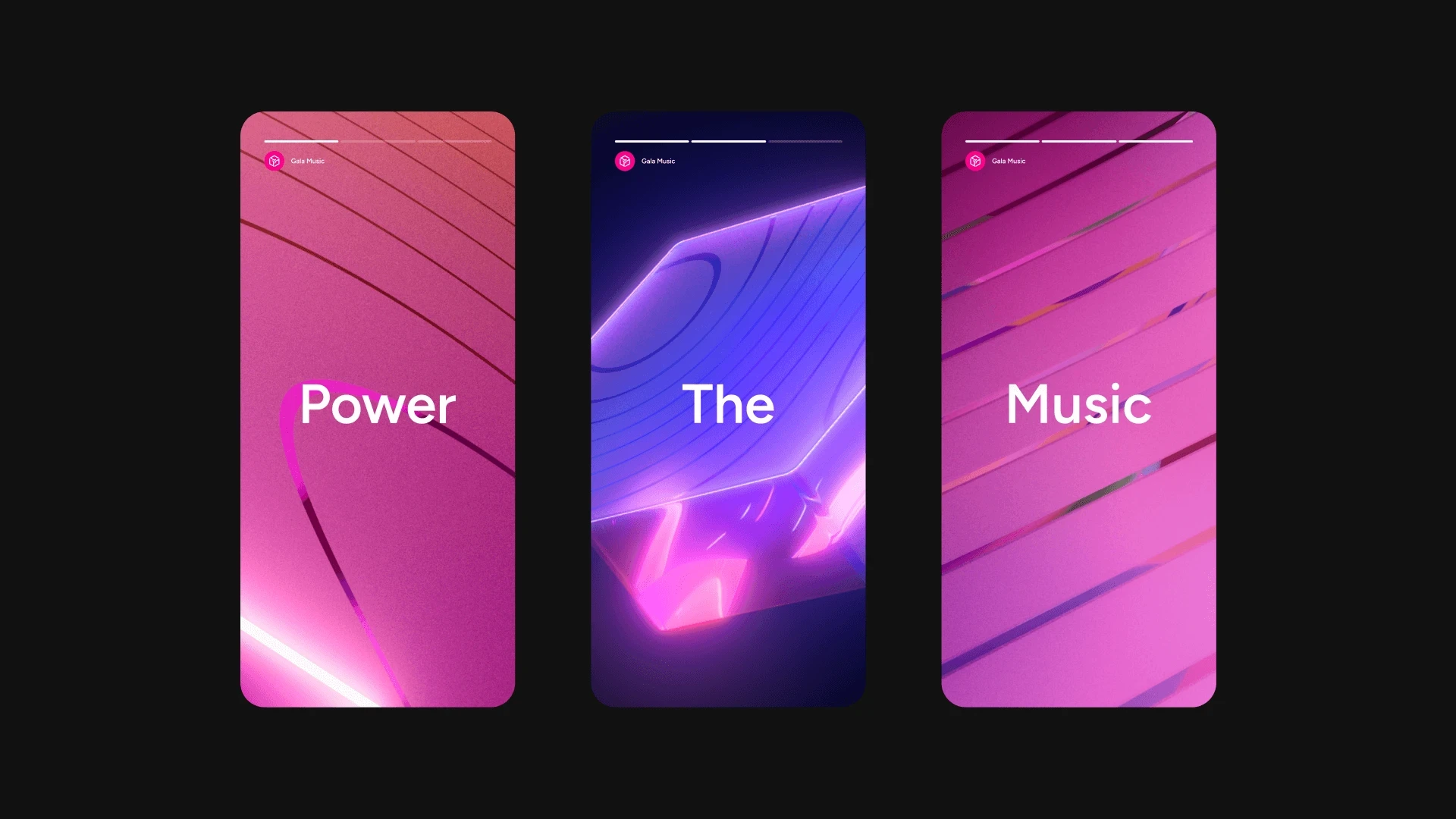Web3
Marketing
Storytelling
Why Video Is the Best Format to Educate (and Convert) Web3 Users
By
Max Davenport
Jul 29, 2025

Web3 products are rewriting the rules. New infrastructure, new incentives, new levels of ownership and privacy. But with all that innovation comes complexity.
Whether you're building a Layer 1, a DePIN protocol, or an onchain consumer app, explaining what you do is half the battle.
That's where video becomes your most powerful asset.
Web3 Is Complex. Video Makes It Click.
Let's face it. Your audience doesn't want a deep dive into your protocol architecture right away. They want to know:
What's in it for them?
Why should they trust your brand?
How does your product actually work?
The right video turns complexity into clarity, giving your product a face, your value prop a pulse, and your mission some emotional weight. In 60 seconds or less, a well-executed video can shift your audience from confused lurkers to curious users or buyers.
Why Web3 Brands Should Lean Into Video
1. It boosts attention in noisy channels.
Web3 is oversaturated with announcements, threads, and whitepapers. Video cuts through the noise, especially on Twitter, Discord, and Telegram, by giving your message motion, sound, and structure.
🔁 Posts with video get 48% more views. On-chain attention is scarce. Make it count.
2. It makes your pitch stick.
Whether you're onboarding node operators or explaining restaking to retail, video helps people retain complex concepts better than text. Studies show audiences remember 95% of a message when it's delivered in video, compared to just 10% when reading it.
3. It delivers ROI.
88% of marketers say video gives them a positive return on investment. When done right, it doesn't just inform. It converts.
4 Essential Video Types Every Web3 Project Should Use
1. Vision Videos
These are your "About Us" or "What We Stand For" pieces. They anchor your project with emotion and purpose, something the best Web3 brands like Zora, Uniswap, and Worldcoin do well.
Great for:
Homepage hero content
Community intros
Investor decks
What to include:
Your mission (What are you trying to change?)
Your origin story (Why you're building this now)
Your team (Who's behind the vision)
At Proof of Work, we call this your founding myth. The narrative that sets you apart in a sea of copy-paste projects.
2. Explainer Videos
Animations or conceptual visuals that make your product easy to understand without diving into dev docs. Ideal for simplifying DeFi mechanics, cross-chain UX, or token incentives.
Great for:
Social ads
Product launch announcements
Landing pages
Must cover:
Pain point (What sucks right now)
Your solution (How your product makes it better)
Proof (A use case or success story)
3. Demo Videos
Screen recordings with guided voiceovers or sleek UI motion design that show how your product works in real life.
Great for:
DAO onboarding flows
Validator dashboards
Wallet features
Developer tooling
Product update announcements
A product demo is the fastest way to move someone from "this sounds cool" to "this is exactly what I need."
4. Thought Leadership Clips
These are gold for building brand authority. Founder interviews, protocol deep dives, or market commentary, shot cleanly, cut down for short-form, and distributed across your social ecosystem.
Great for:
Twitter clips
Investor relations
Driving podcast invites or speaking gigs
Web3 is still early. People don't just want a product. They want a leader to follow. Give them that.
TL;DR: Video Wins in Web3
You're not just selling a product. You're starting a movement, changing behavior, and onboarding users into a new paradigm. That takes trust. It takes clarity. It takes speed.
Video delivers all three.
At Proof of Work Studio, we specialize in producing high-converting videos for Web3 projects, from snappy explainers to 3D cinematic launches. We've helped brands like Gala Games, Datagram, and OSMI bring their tech to life, and we can help you too.

